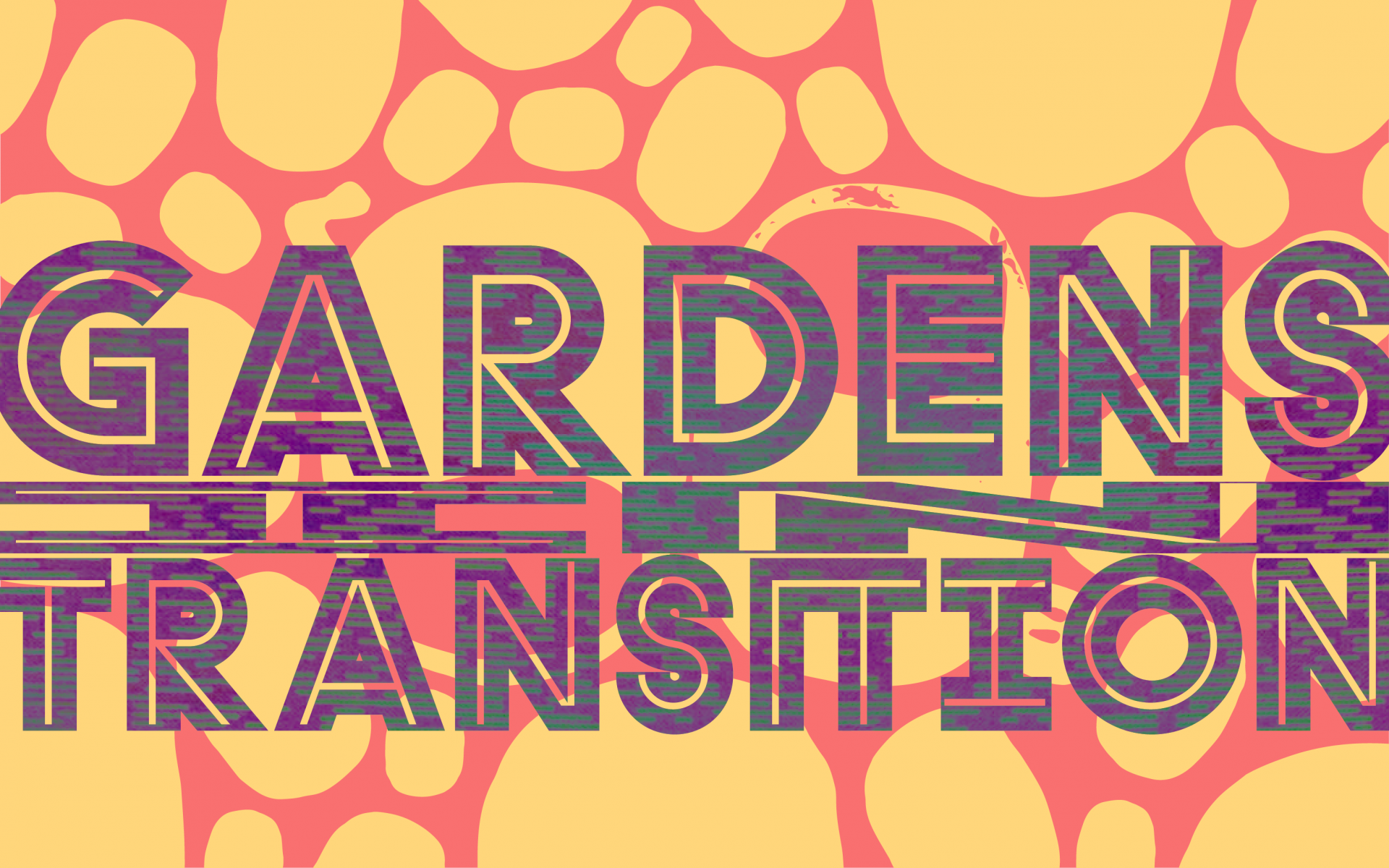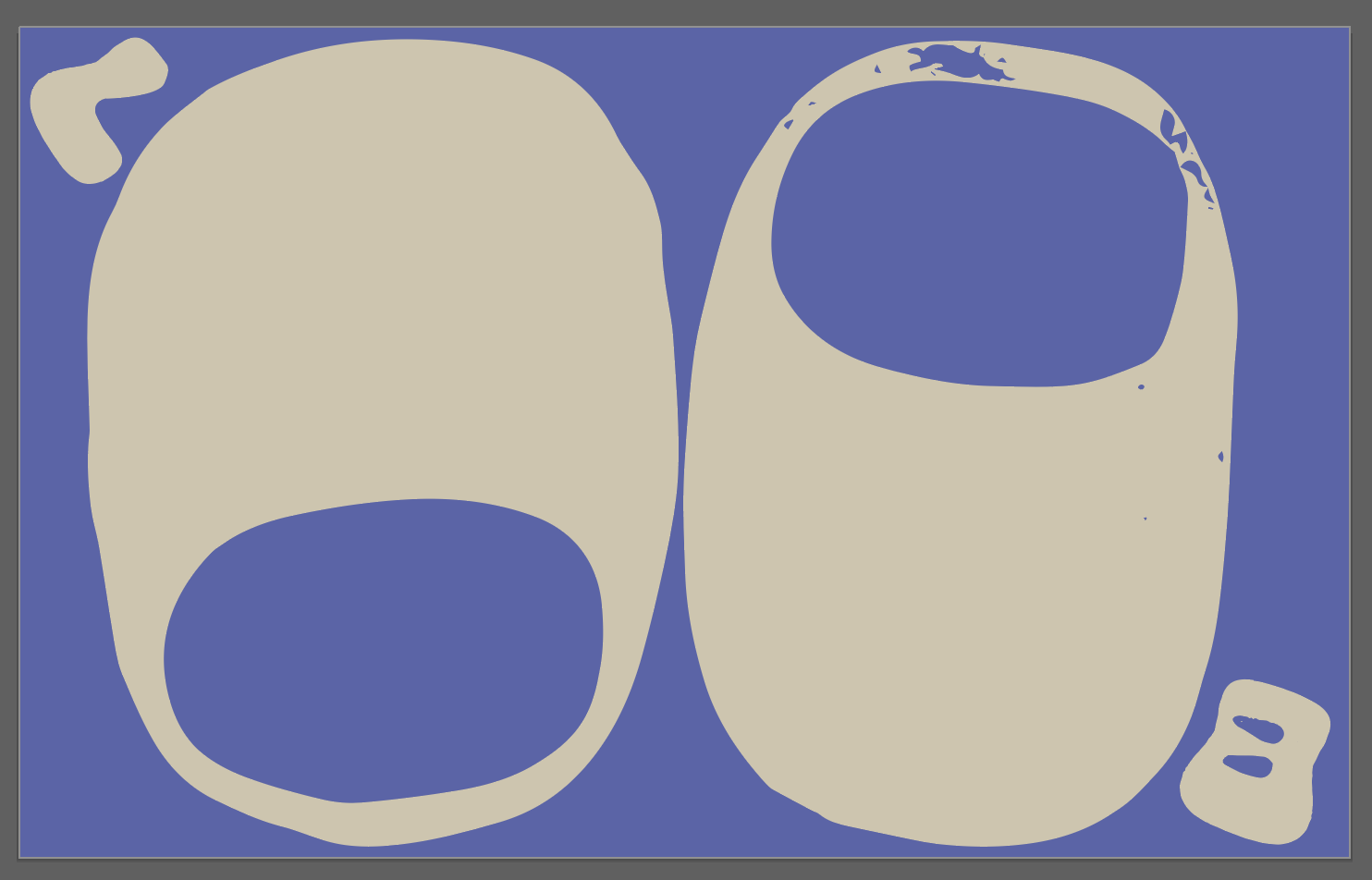Gardens in Transition.
COMMITMENTS, OBLIGATIONS AND PRACTICES

International Conference
26.–27.04.2024
WITH Ayham Allouch, Ali Bakhtiari with Farshid Mesghali & Ali Akbar Sadeghi, Felisha Carenage & Xavier Robles de Medina, Kamari Clarke, Ragil Huda, Sarah Imani, Rada Iveković, Eman Karmani, Savanna Morgan, Hibatolah Nassiri-Vural, John Njenga Karugia, Glenda Obermuller, Helena Uambembe, Jorge Vega, Bodhari Warsame, Mali Wu, Samba Yonga, Roberta Zollo, Joël Zouna
Language The conference takes place in English
FREE ENTRANCE Donations welcome
ACCESS SAVVY is accessible by wheelchair
PROGRAMME | |||
Friday 26.04.2024 | |||
15:00 | SAVVY team Words of welcome & Introduction | |
15:30 | Mali Wu Art as a Catalyst for Change – The Neighborhood as Artistic Site Opening Lecture | |
16:30 | Coffee & Tea break | |
17:00 | Ali Bakhtiari Interminable Dream | |
Presentation & Film Screenings | ||
18:00 | Savanna Morgan Sapphire Tongues | |
Performance & Reading | ||
18:30 | Rada Iveković Mooring and Unmooring Language and Translation Lecture [Pre-Recorded] | |
19:30 | Renan Laru-an Loob-1, Island of Romance Presentation | |
20:15 | Dinner | |
27.04.2024 SATURDAY | ||
11:00 | SAVVY Team Words of welcome & recap | |
11:15 | Roberta Zollo (Universität Hamburg), Eman Karmani (Universität Hamburg), Ragil Huda (Universität Hamburg), Hibatolah Nassiri-Vural (Freie Universität Berlin), Jorge Vega (Humboldt-Universität zu Berlin), Joël Zouna (Technische Universität, Berlin) Hot on the desks: Glimpses into ongoing student research projects | |
Research presentations | ||
13:00 | Lunch | |
13:50 | Felisha Carenage DORA IXORA \\ fajalobi | |
Remarks on the conference scenography | ||
14:00 | Glenda Obermuller “This is a holy space!”: Self-organising and Activism – Creating Decolonial Spaces | |
Presentation | ||
15:00 | John Njenga Karugia New Silk Roads: Violent Ecologies, Ambivalent Decoloniality and Symbolic Modernity | |
Presentation | ||
15:45 | Coffee & Tea break | |
16:15 | Bodhari Warsame The African Völkerschau in Europe and its Archival Legacy: The Case of the Touring Somali Troupes in Germany | |
Presentation | ||
17:00 | Samba Yonga, Sarah Imani & Helena Uambembe On Collective Repair and Return | |
Presentations & CONVERSATION | ||
18:30 | Break | |
19:00 | Helena Uambembe Those that we left behind (those in between) | |
Performance | ||
19:30 | Kamari Clarke GARDENS OF THE FUTURE: Archives of Knowledge and Methods of Radical Possibility | |
Keynote Lecture | ||
20:30 | Dinner | |
21:30 | Ayham Allouch | |
DJ-SET | ||
The past is not dead. It is not even past. We separate it from ourselves and pretend to be strangers.
SAVVY Contemporary’s upcoming artistic program takes colonial heritage and decolonization as facts and practices of transition. Relying on experimentation, the programme TRANSITIONS will show that decoloniality, as the anthropologist Rosalind Morris describes it, immerses us in lifeworlds and artworlds known to be “an incomplete dialectic.” Thereby, we will put an emphasis on deepening the study of decolonization in methodologies and assemblages: the historical and contemporary links in Afro-Asia colonial intricacies and decolonial futures; the theater of developmentalism in the Pacific; and the underrepresented roles of settlement—say Germany’s deep migration history in its neighbouring regions. These co-responding geographies and their geopoetics complicate colonisation and decolonization that may have stagnated in specific discursive milieux.
The current German discursive architecture disallows the study of the evolution of colonial ideologies to translocal, supranational and extraterritorial policies covering topics, such as justice, education, migration, climate change, labour or even war and other conflicts. There is a huge gap in discussions of colonisation and decolonization. In this chasm, SAVVY Contemporary’s experiments continue the process of what Rada Iveković calls “permanent translation” of colonisation as a practice and concept that coexists in the daily fabric of Germany and in the long arc of this ideology. By translating the quotidian as well as affective dynamics of colonial thought and in effect, deliberating its “non-translation” as a legitimate progress of history, the overall program called TRANSITIONS pays attention to segments, holes, fragments, and patterns of colonial ideology, action, fantasy and afterlife within the waves of pressing contemporary issues.
Opening this new artistic program, SAVVY Contemporary invites all of you to a two-day gathering of artists, thinkers, cultural workers, critical friends, and allied communities under the mantle of GARDENS IN TRANSITION. COMMITMENTS, OBLIGATIONS AND PRACTICES – a global conference on decolonization as a mode of artistic transition. Like many traditions of cultivation, the conference-like commencement is conceived to be a chance to commune before the labour of preparation, maintenance, and production, in which a moment to reflect on the tasks ahead generates motivations and aspirations. It celebrates the pause as much as it savours the frenetic rush to start anew. A waiting room, brimming with second-chances: How do we make the processes more gentle, enjoyable? How can I get to know my peers better? What can we change the way we approach our collaborators? What did I miss when there was a misunderstanding? How can we do this again? Against productionist tendencies, envisioning an assembly hopes that renewal, remembrance, and restoration become tools for a collective labour that promises mutual support, care, and protection when things turn difficult, unbearable, or painful. Coming together to receive each other’s joys and lamentations, confessions and desires, worries and excitements or even suspicion and adulation appears in the vicinity of many transformations.
GARDENS IN TRANSITION welcomes the fact that transition builds a world of organisation and disorder akin to the wildness in a tropical garden. For some, the transitional nature of world-making remains to be a metaphor that requires forms and translations; in other contexts, it is a matter of survival. Moral rifts growing in the ground, it has been more challenging to propose the values of intersectional tending and sowing that can engage with shared socio-political concerns. Acknowledging this, we revisit the irregularities of transition that transcend the utterance, “Something must be changed,” or “It will never be the same.” Transitions excite a language that is not fully translated, they only and permanently cite the situatedness of those who have committed to the direction of a new ideology, movement, and fiction. The charisma of such a radical shift is something we would like to offer alongside other methods that have attracted us into critical thinking.
Not all transitions can be experienced or assigned or encountered. Especially when they are converted in contexts that demand them to be fundamentalist, for example in the fields of eugenics. Any attempt to transcend the difficult now and to repair the abusive past exposes us to slow violence. If this would be the case, who can refuse it and why must one accept transition? Is it a medium of an impossible return? When we imagine transitions in the poetics and ethics of their undoability, might we be able to cushion ourselves from the maddening cycle of development, progression, or even revolution? This calls for becoming artificial: that is to transition artistically.
Over two days, GARDENS IN TRANSITION alleviates the loneliness of (self-)reflection by choreographing the public space with artistic interventions and poetic intermissions that extend the tenure of discourse and speech. We believe, as always, in the conviviality of thinking and the diversity of embodied knowledges. Our door is always open, and we insist on a hospitality that accommodates diverse bodies: How can they come closer together? And what songs can embrace them as they whisper tactics, secrets, wishes, and critiques to each other? We want a garden that blossoms into a jungle! For this goal, we navigate a forest of ideas and gestures through patches of appreciation and well-being offered by talks and conversations that promote practices, obligations and commitments. As we veer away from strict thematic alliances, we pay attention to the interconnectedness of these actions and how they might cohere to be an ethico-aesthetically significant vision for an artistic institution in transition.
GARDENS IN TRANSITION is enlivened by the romance with archipelagic contours, almost imperceptible soundscape, and objects of utility and documentation from and for memories of home gardens – a scenographic intervention conceived by Felisha Carenage and Xavier Robles de Medina from BPA// Berlin program for artists. It perforates the common perception of a conference, animating the space to allow porosity of opinions, to take pauses as well as to be distracted from speeches. This convening is also imagined to be an open house in which members of SAVVY Contemporary discuss the projects they are working on, for students to interact with the organisation’s research topics, and for the general public to visit it as a place of recreation.
New transitions must be invented.
Team
Artistic Direction Renan Laru-an
Curatorial Team Sagal Farah, Billy Fowo, Hajra Haider Karrar, Anna Jäger, Mokia Laisin, Meghna Singh
Scenography BPA// Berlin program for artists with Felisha Carenage and Xavier Robles de Medina
Coordination Billy Fowo, Mokia Laisin, Meghna Singh
Production Sagal Farah, Abhishek Nilamber
Project Management Grace Baggot
General Management Lema Sikod
Communications Anna Jäger
Graphic Design Juan Pablo García Sossa
Translation Anna Jäger
Internship Vanessa Garcia
Sound Rey KM Domurat
Live Streaming Boiling Head Media
FUNDING The conference takes place in the framework of the 15-months-long programme TRANSITIONS, funded by Die Beauftragte der Bundesregierung für Kultur und Medien.


